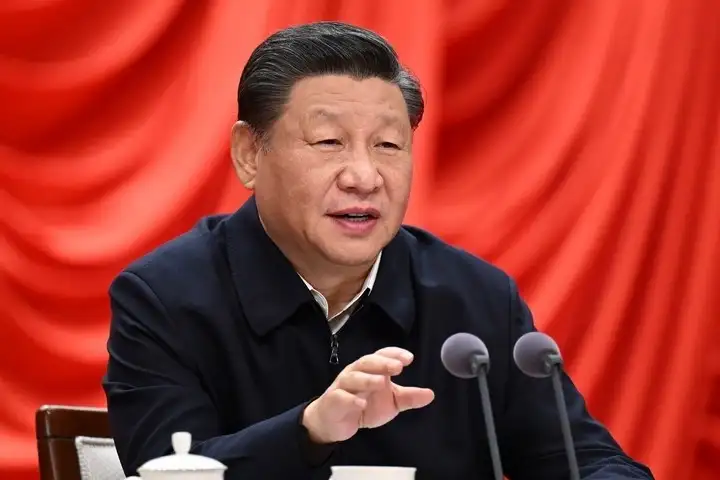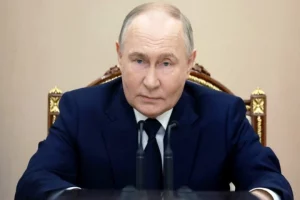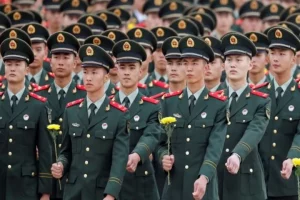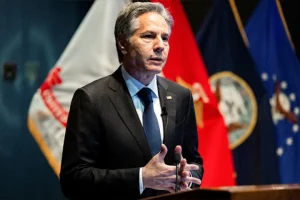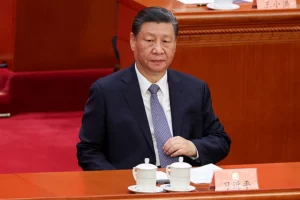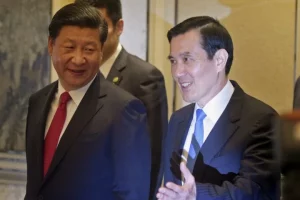Amid rising economic challenges and slowing economic growth, Chinese President Xi Jinping has tried to reach out to the country’s private sector. The urgency to realign with the private enterprises appears to have peaked on account of this year's 20th Party congress.
Party congresses are mega once- in- five-year events when China’s leadership can change. Also, this is a time of reflection when basic policy changes take place, setting on course a fresh direction that China would take for the next half-a decade.
During the 20th party congress, Xi, who is also the powerful General Secretary of the Communist Party of China (CPC) and the chairman of the Central Military Commission hopes to control the reins of power for another five years. But in order to do so, he needs the support of the private sector, which he has alienated because of his attempt to cut to size influential private entrepreneurs, including the Alibaba group chief Jack Ma. He has perceptibly curbed Pony Ma, the head of the Tencent empire, and declared war on the private real estate sector.
But with a critical mass seemingly developing against him because many of the corporate icons’ influence in anti-Xi factions in the CPC, the leader apparently has changed course.
At a recently held Politburo meeting, Xi underlined the importance of the private capital in shouldering the economic development of the country. However, Xi added that the private sector companies must strictly adhere to the regulatory framework and follow the Communist Party’s framework of “common prosperity.”
The private sector has typically accounted for more than half of China’s tax revenue.
“By its nature, capital pursues profits, and if it is not regulated and restrained, it will bring immeasurable harm to economic and social development,” Xi said at a Politburo meeting.
The stringent crackdown on the private sector last year along with the clarion call for ‘common prosperity’ have not only dampened sentiments, but wiped off “hundreds of billions of dollars from the market capitalization of some of the largest private companies in China,” Peterson Institute for International Economics (PIIE) said in a report. Though the report also said that the perception that China's private sector is imperilled is overblown, two analysts told India Narrative that the crackdown has affected sentiments.
“The private sector in China has played a critical role in the growth story. But the latest crackdowns have not only dampened sentiments but uncertainty has risen,” one of them said.
The private sector has been generating about 80 per cent of the country’s non-government employment.
For China, one of the main concerns will be employment generation. About 10.76 million students graduating this year will enter China’s job market. “It is impossible for China to create so many jobs without the support of the private sector,” the analyst said.
The jobless rate among those between the age of 16 and 24, representing graduates from schools and colleges, stood at 14.3 per cent in December.
But the resurgence of Covid 19 infections leading to lockdowns in several parts of the country including Shanghai and the Russia-Ukraine conflict have now added to the problem.
China registered an economic growth of 4.8 per cent in the January-March quarter of the current financial year. However, the Covid 19 induced restrictions are set to significantly impact growth in the second quarter.
According to CNN, Larry Hu, chief economist for Greater China at Macquarie Group wrote that "economic data in April are set to worsen further." The full year’s growth rate could be around 5 per cent though the target set is 5.5 per cent.
The International Monetary Fund has revised down the country’s growth rate further from the earlier projection of 4.8 per cent to 4.4 per cent for 2022.
Also read: China's zero Covid approach leads to concerns over food security
After Shanghai, a possible shut down in Beijing could further deal a blow to China's slowing economy






